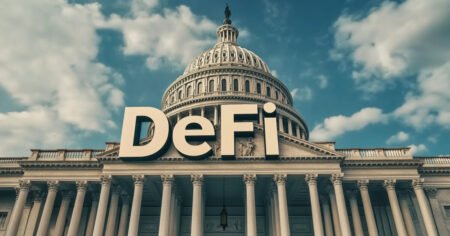The recent vote-buying incident within Arbitrum DAO has sparked concern about the effectiveness of decentralized governance. Investors are exploiting on-chain mechanisms to acquire influence through borrowed voting power, raising questions about the integrity of voting within DAOs. A user spent 5 Ethereum to obtain 19.3 million ARB tokens’ worth of voting power, exceeding the delegated weight of established participants. Lobby Finance facilitates the delegation of governance power in exchange for yield, allowing interested buyers to purchase voting rights through fixed pricing or auction formats.
This economic structure reduces the capital requirements for governance influence, introducing vulnerabilities similar to past governance attacks. The recent incident in Arbitrum highlights the potential risks, as the beneficiary is projected to earn 66 ETH over 12 months from his committee role and potential bonuses, exceeding the funds spent. Schiarizzi acknowledged the threat posed by vote buying and advocated for governance structures that discourage opportunistic behavior by making the cost of extracting value exceed the value itself.
LobbyFi, the platform at the center of the controversy, acknowledges the report but disagrees with the potential security risks. Despite claims of transparency and disclosure of proposals available for borrowing votes, concerns remain about the impact on governance models. The Arbitrum DAO is currently debating potential responses to vote-buying markets, with proposals ranging from disqualifying purchased votes to imposing penalties for violations.
Critics argue that significant changes to tokenomics may be necessary to counteract the effects of on-chain lobbying. The current setup of the ARB token, which lacks revenue sharing or staking-based rewards, makes token holders more willing to lease voting rights for yield, while buyers see little downside in acquiring votes with no long-term exposure. Without new incentives or governance mechanisms, DAOs remain susceptible to manipulation by actors who can easily accumulate short-term voting power.
As platforms like LobbyFi continue to grow, governance participants are calling for technical, structural, and economic reforms. The tension between decentralized ideals and the realities of open market conditions in on-chain governance is becoming increasingly evident. The Arbitrum DAO has yet to decide on a definitive course of action, highlighting the urgent need for reform in response to these challenges.

















